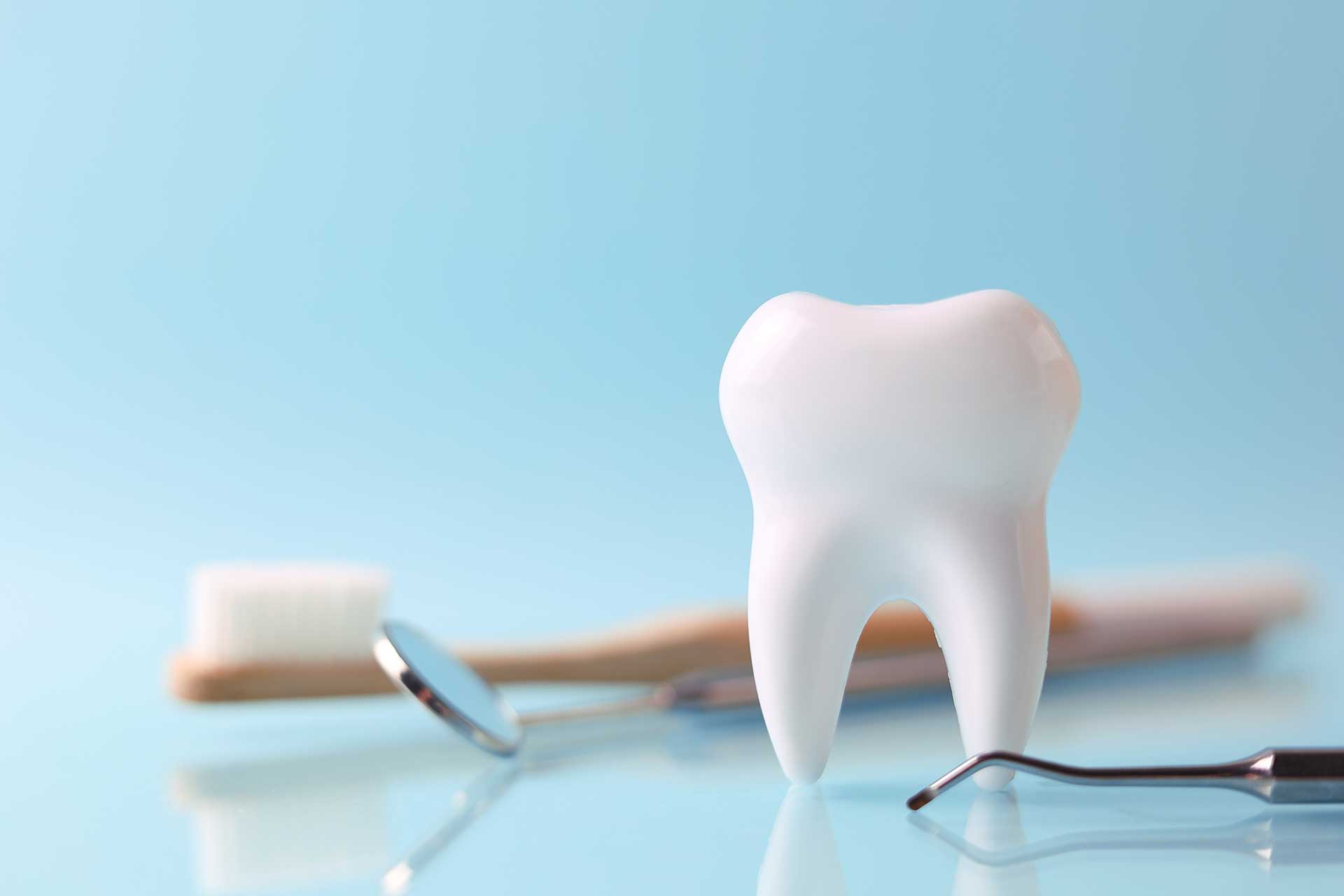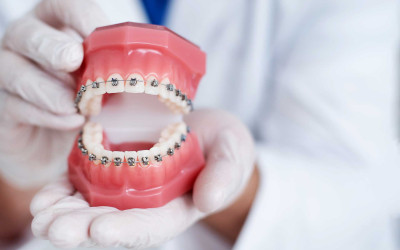Hormones Affecting Dental Health

Hormones Affecting Dental Health
- 9 April 2024
- 14578 views
Learn about hormones affecting dental health. Understand the effects of hormonal changes on dental health and take preventive measures.
This content is for informational purposes only and does not replace medical advice, diagnosis, or treatment. Please consult a healthcare professional for any health concerns.
Table of Contents
Dental health is generally maintained through oral hygiene, nutrition, and regular dental check-ups. However, hormones in the body can also have a significant impact on dental health. Therefore, it is important to be knowledgeable about hormones affecting dental health.
Effects of Hormones on Dental Health
Hormones regulate various physiological processes in the body, including dental health. Specifically, certain hormones such as estrogen, progesterone, testosterone, and thyroid hormones play roles in areas such as gum health, bone density, and enamel preservation.
Pregnancy and Dental Health
During pregnancy, hormonal changes can affect dental health. Particularly, increased levels of estrogen and progesterone can cause swelling, sensitivity, and bleeding in the gums. This condition, known as pregnancy gingivitis, can increase the risk of gum disease.
Menopause and Dental Health
During menopause, decreased estrogen levels can affect dental health. Estrogen deficiency, among hormones affecting dental health, can be associated with gum recession, bone loss, and increased risk of tooth loss. Additionally, increased calcium requirement during menopause is important for preserving bone density.
Adolescence and Dental Health
Hormonal changes during adolescence can affect gum health. Increased levels of estrogen and progesterone can cause issues such as gum sensitivity, swelling, and bleeding. Developing good oral hygiene habits during this period is important.
Thyroid Disorders and Dental Health
Imbalances in thyroid hormones can also affect dental health. Hyperthyroidism may be associated with enamel thinning and an increased risk of tooth decay, while hypothyroidism can lead to gum disease and dry mouth.
Testosterone and Dental Health
Testosterone is also among the hormones affecting dental health. Particularly in men, low testosterone levels can increase the risk of gum disease. Additionally, excessive use of testosterone hormone can lead to issues such as gum swelling and tooth loss.
Hormone Balancing Medications and Dental Health
Some hormone-balancing medications can directly or indirectly affect dental health. Especially, drugs like birth control pills or hormone replacement therapy can increase gum sensitivity or the risk of gum disease. It is important to communicate with your dentist while using such medications and to monitor your dental health.
Maintaining Hormonal Balance and Dental Health
Hormonal balance is important for general health and dental health. Maintaining a balanced diet, regular exercise, and practicing stress management techniques can help maintain hormonal balance. Additionally, if you experience dental health issues associated with hormonal changes, it is important to consult a dentist.
Ways to Cope with Hormonal Changes
- To cope with hormonal changes, you can take the following measures:
- Schedule regular dental check-ups and update your dental health plan as needed. Regular dental check-ups are crucial as early diagnosis makes treatment easier.
- Especially during hormonal changes such as pregnancy or menopause, practice good oral hygiene and follow your dentist's recommendations. Regular dental visits are also crucial during these periods.
- Maintain a balanced diet and pay attention to important minerals like calcium.
- Practice stress management techniques to maintain hormonal balance.
Hormones have a significant impact on dental health. Hormonal changes during pregnancy, menopause, adolescence, and other stages of life can affect gums, teeth, and overall oral health. Therefore, it is important to take measures to cope with hormonal changes, including regular dental check-ups, good oral hygiene habits, and healthy lifestyle choices. Remember, if you have any concerns about hormonal changes, be sure to consult a dentist or doctor.







